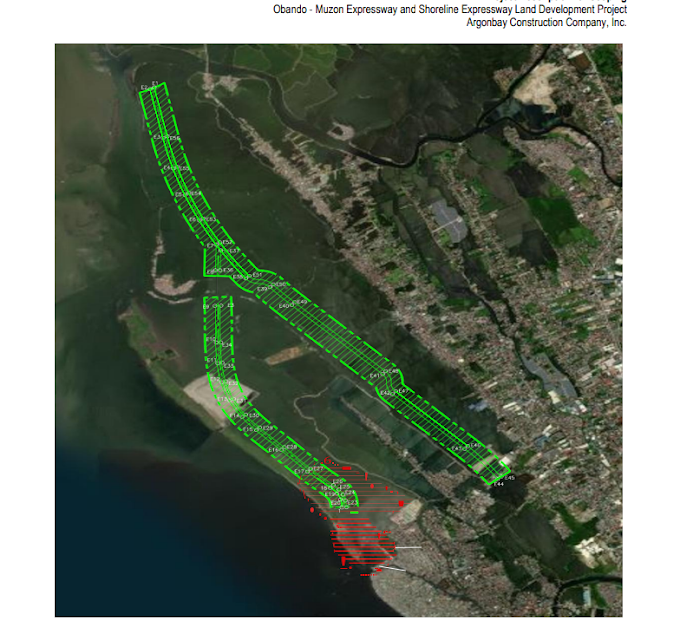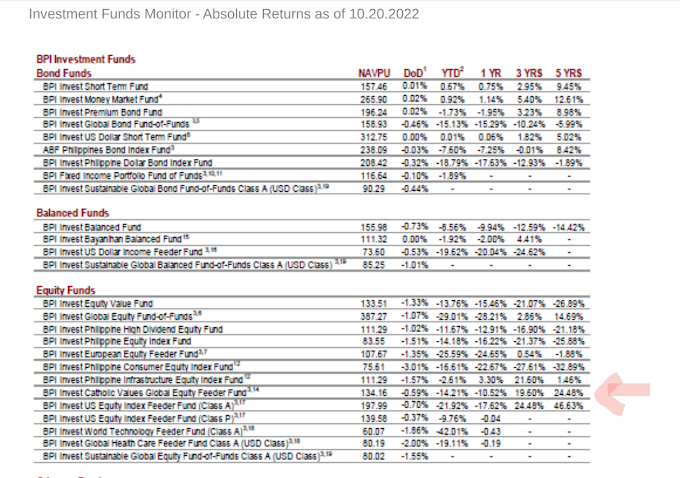The China-funded Bicol Express is apparently not the only rail project that had been stopped in its tracks due to unresolved issues.
The Makati Subway project has similarly run into a blockage of sorts, not from its mainland Chinese joint-venture partner, but from the main Makati landlord.
According to a newly-released Makati City Council resolution, the Makati subway project, a JV between City Hall and a Filipino-Chinese consortium, is belatedly securing the requisite Ayala approval to build a number of stations on a number of former Ayala properties, three years after the Makati government signed the JV agreement with project proponent Philippine InfraDev Holdings.
Posthaste, the Makati City Council has passed a resolution authorizing Mayor Abby Binay to "negotiate, enter into and sign a memorandum of agreement...with Ayala Corp. regarding the cancellation of inscriptions or annotations" still carried in the land titles for the Makati subway project.
Makati Resolution 2022-005 identified seven properties acquired and now owned by the city government but in whose titles still carried "annotations" placed by Ayala, when its 19th-century predecessor Casa Hacienda de San Pedro Macati owned most of the area.
Like the modern deed-of-restrictions in subdivisions and condominiums, those annotations in the land titles apparently restricted commercial usage of the said properties even after they had been transferred to the new owners.
The good news, according to the same resolution, is that Ayala Corporation had already agreed "to cancel such restrictions" but that the Makati city government nevertheless needed a signed memorandum of agreement from Ayala, an actual signed document, to legally seal the deal.
According to the original plan, the Makati Intra-City Subway would loop Ayala Center from Ayala-Edsa main terminal up to Ospital ng Makati, with a connection with the Japanese-funded Metro Manila Subway at the planned University of Makati station.
The seven former Ayala properties that Makati has now acquired apparently excluded the proposed Ayala-Edsa terminal and another station at the corner of Paseo de Roxas and Ayala Avenue, passing through the country's Wall Street, that would connect the country's main financial center with the bedroom districts of Makati and even the fringes of Pateros, Pasig, and Taguig.
Apparently because of unresolved Ayala resistance, the Makati subway terminal has now been moved to the national government-owned Mile-Long Arcade, to be connected under the Amorsolo St. estero from the penultimate station by the Makati Fire Station.
Excavation work for the 10-kilometer project has been limited for now at the proposed station beside the Makati City Hall, with project proponent InfraDev aiming to finish the underground civil works there within two years.
According to the original timetable, InfraDev had aimed to finish the entire Makati subway "in seven years."






0 Comments